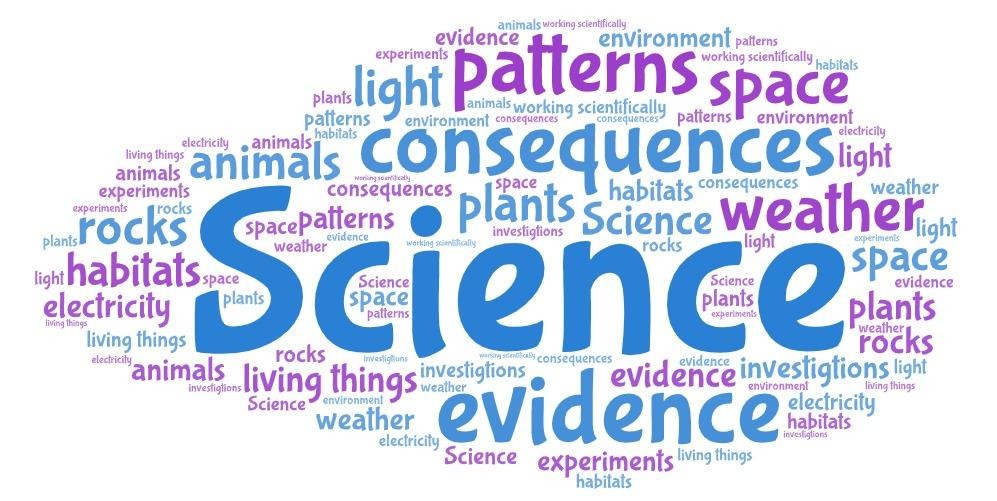SCIENCE 3I’s
INTENT
It is the aim of St Hilary school to provide a rich, ambitious and exciting Science curriculum that will not only meet the needs of the children, but make them inquisitive and enquiring global citizens.
The children will develop excitement and curiosity which will inspire them to pursue scientific enquiry now and in later life. They will learn to work scientifically through investigating, explaining and analysing, by predicting and questioning the world around them and solving problems.
Teachers should ensure pupils leave St Hilary with a passion to engage with their surroundings, be curious about the world, have a love of learning and ultimately be the best they can be.
“Equipped with his five senses, man explores the universe around him and calls the adventure Science” Edwin Powell Hubble (American Astronomer – 1889-1963)
“In Science we can inspire something – every discovery, however small, is a permanent gain” Pierre Curie to Marie Curie
IMPLEMENTATION
When teaching Science at St Hilary School, we need to refer to the following:
The Curriculum
The National Curriculum statutory requirements must be taught and assessed in each year group as a basic minimum. Teachers should be familiar with previous and subsequent year groups content in order to link learning and build on previous knowledge. When planning, teachers should refer to the progression document for their current topic along with TAPs planning and resourcing to ensure teaching is progressive throughout the school.
Timetable
Science must be taught discretely for 2 hours per week. If there is a link between a Science topic and another area of the curriculum, teachers should plan for cross-curricular coverage. Learning intentions should be recorded with all Science work within project books, Science exercise books or on Seesaw.
Teaching
Within planning teachers should use, wherever possible, TAP’s lesson planning and resources whereby teachers will focus on one area of a science lesson. Vocabulary associated with each topic should be identified and taught with the help of the word mats available to KS2 teachers. All Science topics will incorporate an element of both Maths and English. Resources for TAP’s lessons can be found on Basecamp and a display board in each classroom should be set aside for Science. Teaching will be differentiated either by resources, or support by peer grouping or adults. More able pupils will be challenged to make connections within Science and apply their knowledge to real world situations. Teachers should use open ended enquiries to allow all children to access learning at their level. A knowledge organizer should be provided if the project for the term is a science-based project and discussed with the pupils at the beginning of the science topic. Children will be engaged as they have been challenged by the curriculum and will become independent learners who will critique their own work.
Assessment
Teachers should use all TAP’s lessons for assessment purposes where applicable. Children should also be given the opportunity to demonstrate prior knowledge and then build on this over time. Discuss vocabulary knowledge at the beginning and end of the topic to show learning within the topic and knowledge quizzes which allow the teacher to see and address any misconceptions there may be.
IMPACT
Impact can be measured through vocabulary learning, responses to open ended questions and observations by the teacher. The children will have acquired further science knowledge and will be equipped with investigative and experimenting skills. They will have also developed a curiosity and excitement for the world around them. Children will have developed their questioning skills and will make connections throughout the years linking their learning from one topic into another later in their school life. Children will be able to work collaboratively with their peers and will confidently report and explain outcomes depending on their year group. Clear progression will be seen within their work books and in line with the expectations of St Hilary School progression grid. The Science lead should provide CPD based on the outcomes of subject monitoring to ensure that the impact of the Curriculum is wide reaching and positive.

